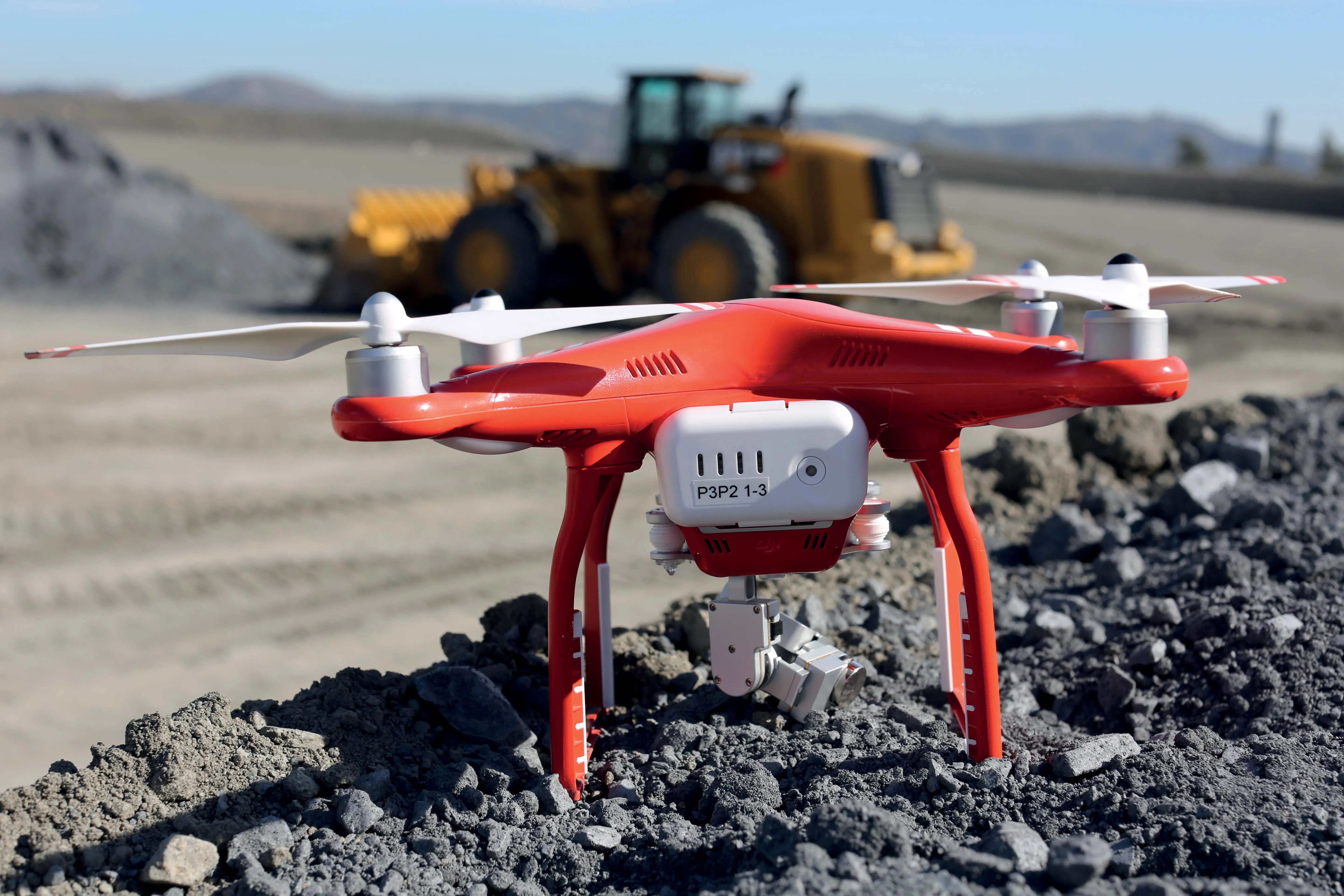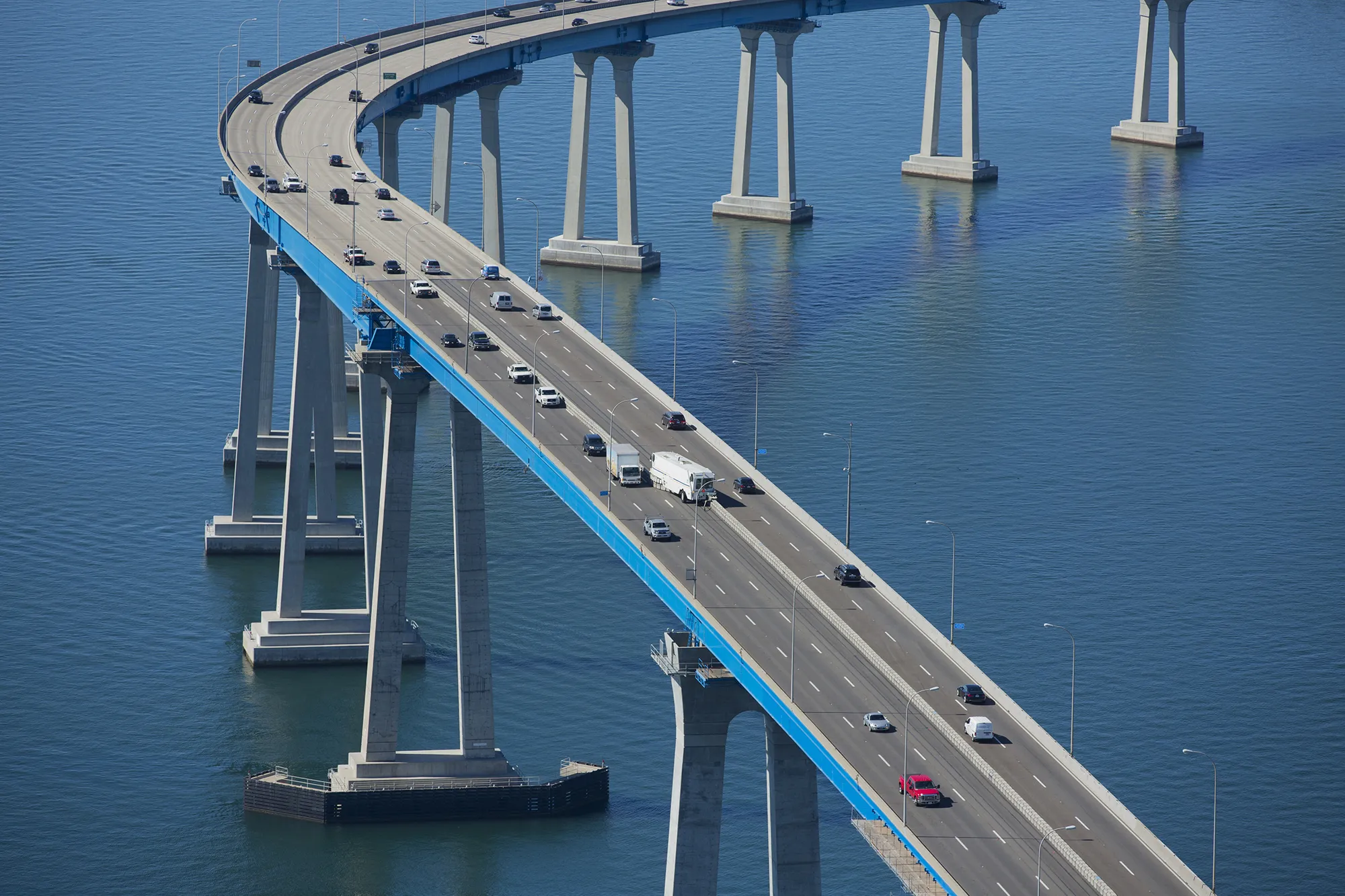The recent fatal bridge disaster in the Italian city of Genoa has triggered questions being asked about the state of France’s bridges. And with around 33% of France’s 12,000 or so bridges now known to require repairs, there is an understandable cause for concern.
August 17, 2018
Read time: 1 min
The recent fatal bridge disaster in the Italian city of Genoa has triggered questions being asked about the state of France’s bridges. And with around 33% of France’s 12,000 or so bridges now known to require repairs, there is an understandable cause for concern.
The vast majority of French bridges in need of attention merely require comparatively small repairs or upgrades. But some 7% of the structures are suffering more serious problems and may have to be either completely rebuilt, or demolished and replaced. Meanwhile some construction industry figures in France believe that the proportion of bridges requiring attention could be significantly higher than the official figures as many structures have not been properly assessed.
France’s Transport Ministry is proposing a budget of €1 billion/year be used to repair the bridges in need of work. Without this spending, up to 6% of France’s existing bridges will have to be closed to traffic within 20 years.









